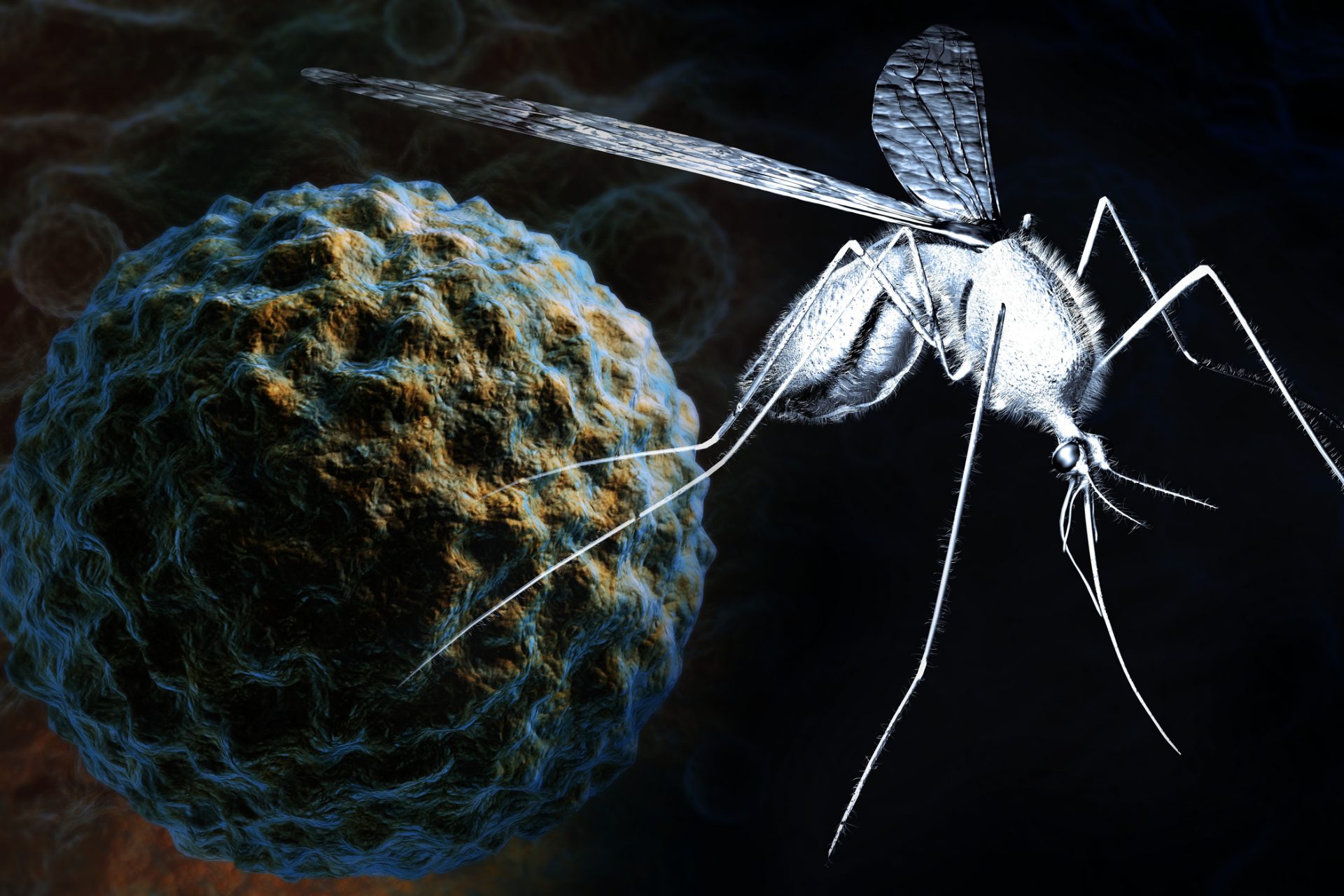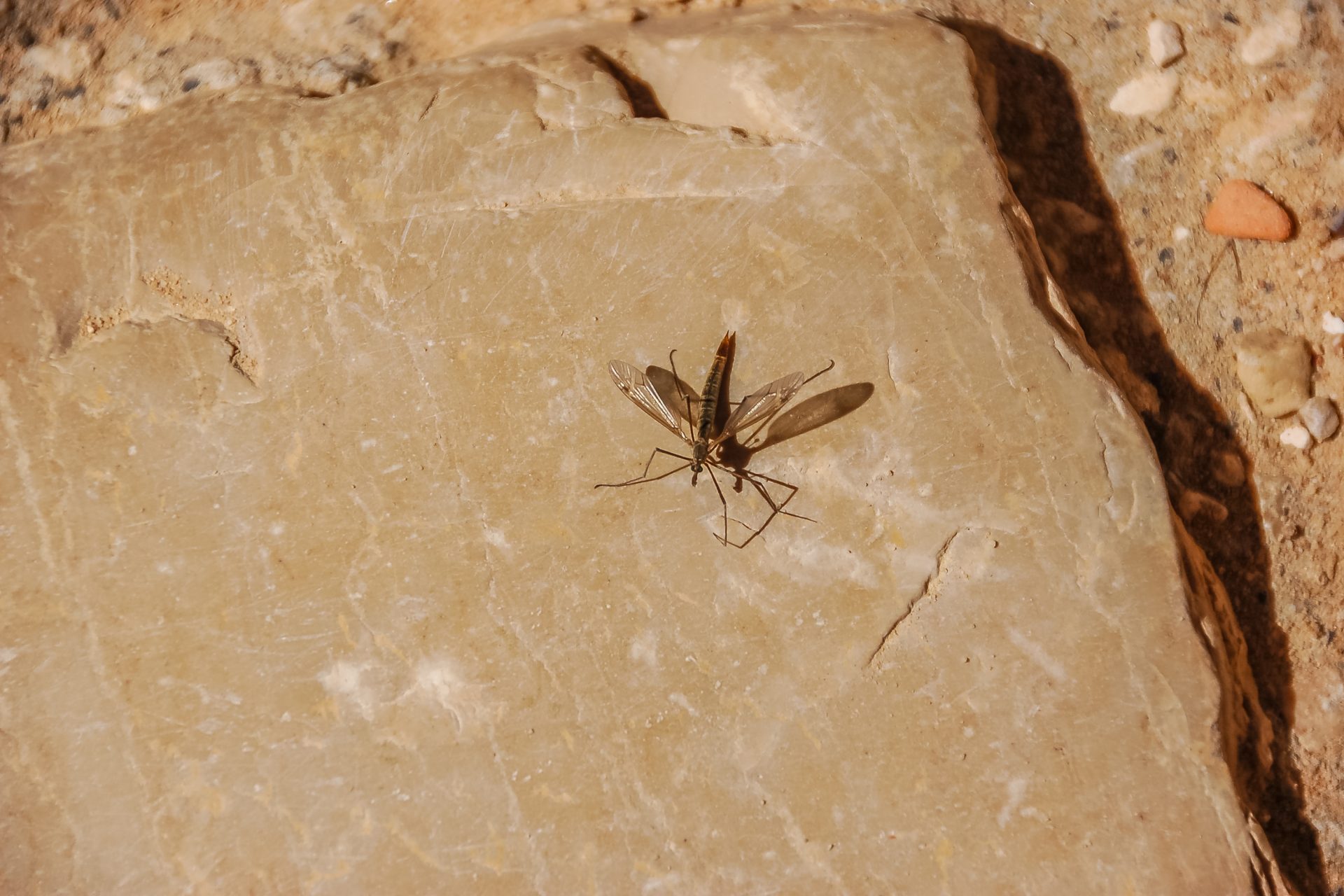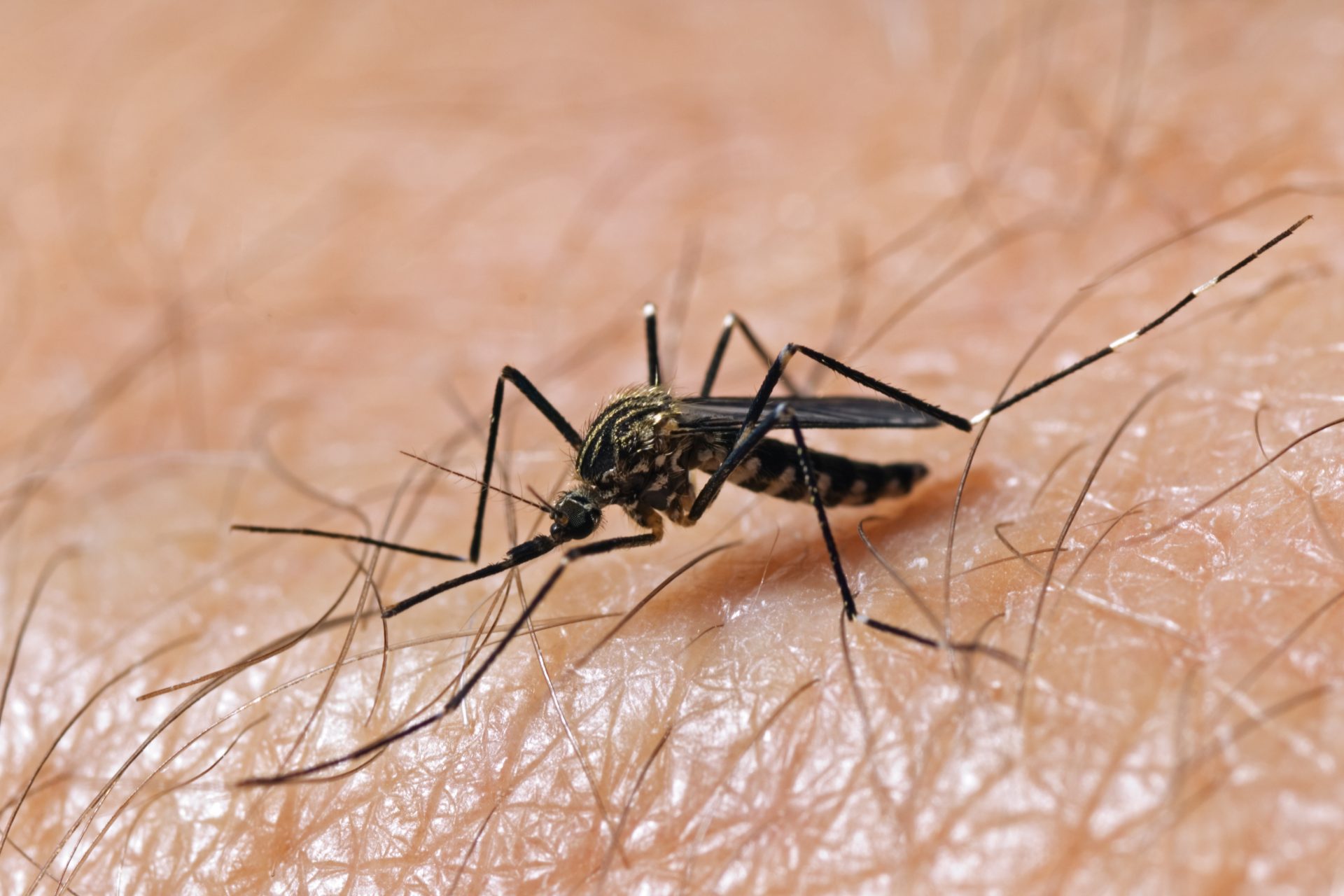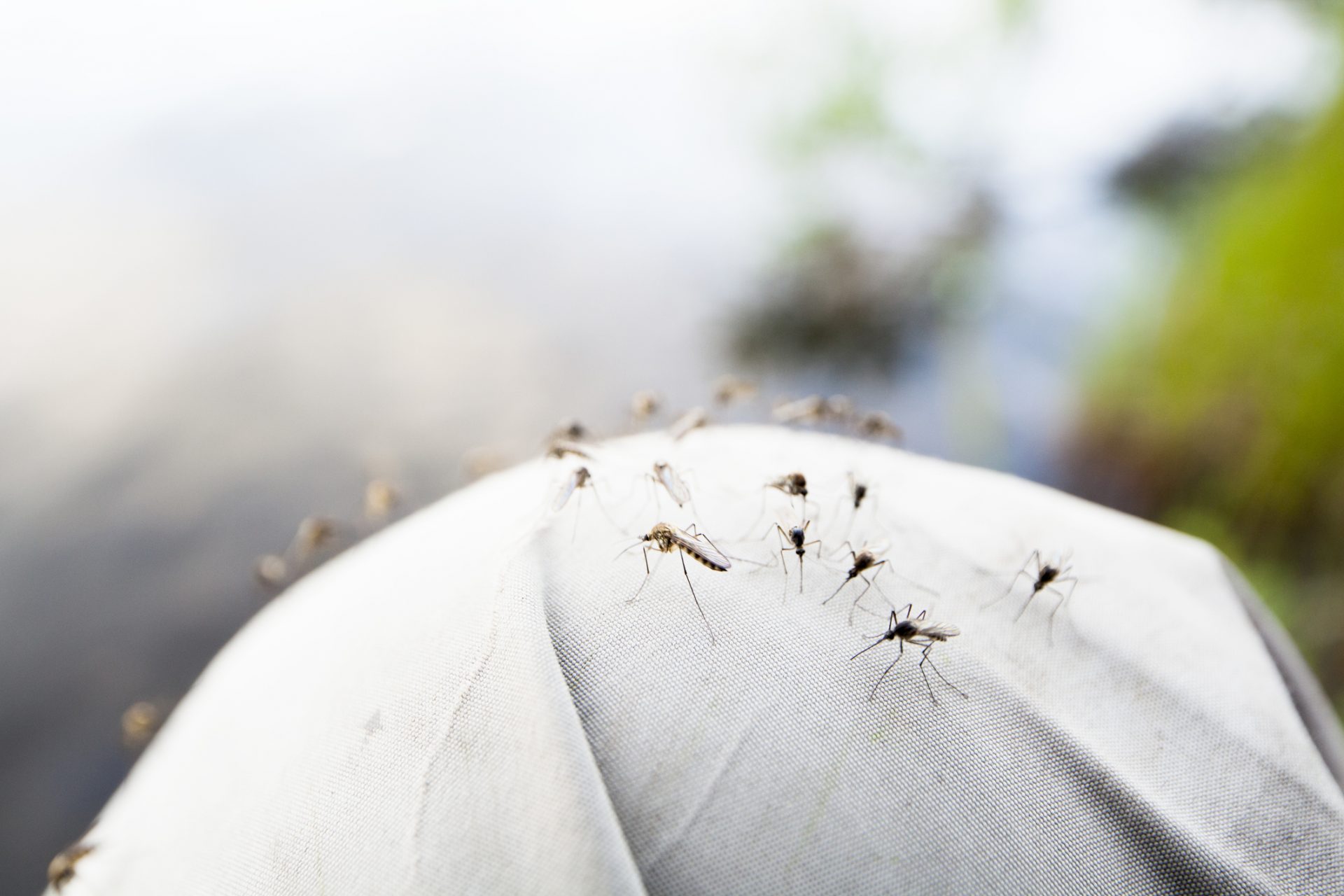CDC official warns mosquitos carrying West Nile Virus are becoming resistant to insecticide
West Nile Virus is becoming increasingly problematic in the United States and an official at the Centers for Disease Control and Prevention recently spoke about the worries that the government organization has over its spread.
Officials are specifically worried about a species of mosquito referred to as Culex and it is their growing resistance to pesticides that’s been fueling the growth of West Nile Virus in the United States according to NBC News.
Roxanne Connelly is an entomologist at the Centers for Disease Control and Prevention (CDC) lab in Fort Collins and she recently told several news outlets why the issue was occurring as well as what it could mean for the future.
Photo Credit: Twitter @nplace01
Using the same products that employ the same active ingredients to kill mosquitos can lead to resistance in the bugs according to Connelly, and this scenario has resulted in some increased reports of insecticide resistance throughout the country.
Insecticide-resistant mosquitoes have been discovered in Florida, Illinois, and California according to Denver’s Fox 31 news station but they have yet to be found in Colorado, the state where Connelly is located.
“It’s bad news in that we don’t want it to progress any further,” Connelly said, adding that the increased insecticide resistance in mosquitos coupled with climate conditions bringing infected mosquitos out earlier in the year, and in greater numbers, was an issue.
“That can lead to more cases, and that is certainly something we want to prevent,” said Connelly, who also explained that mosquito control companies should rotate through a variety of insecticides and methods to kill mosquitos.
Connelly also took this message nationally and spoke with NBC News, explaining that “we’re losing some of our tools that we normally rely on to control infected mosquitoes."
The CDC lab in Fort Collins is home to tens of thousands of mosquitos and experiments have shown that mosquitos have not yet built up a resistance to bug sprays and it is still an easy solution to repel mosquitos while going about your outdoor activities.
There have been a total of 69 cases of West Nile Virus reported in the United States in 2023 according to NBC News. But that amount isn’t close to the record number of cases reported in 2003, which saw a whopping 9,862 cases of the virus.
However, as the climate changes and mosquitos start to come out earlier and in greater amounts, the number of those who will get sick could rise dramatically in the peak period between August and September.
"This is just the beginning of when we see West Nile start to take off in the United States," explained Dr. Erin Staples, a CDC Epidemiologist at the Fort Collins lab.
"We expect a steady increase of disease cases to occur over the next several weeks." Dr. Staples added. But what exactly is West Nile Virus and why is it so dangerous?
West Nile Virus is a virus that can affect humans, birds, horses, and a few other types of mammals, and it is predominantly spread by mosquitoes though there have been cases of its spread through transfused blood and organ donations according to John Hopkins Medicine.
The virus can cause inflammation of the brain (Encephalitis), spinal cord (meningitis), and the surrounding membrane of the brain (Meningoencephalitis), and its symptoms can be quite severe.
Fever, headaches, body aches, swollen lymph nodes, and a skin rash on the trunk of the body are all common symptoms in roughly 20% of cases while more severe cases can include neck stiffness, disorientation, tremors, convulsions, paralysis, and coma.
More for you
Top Stories





























